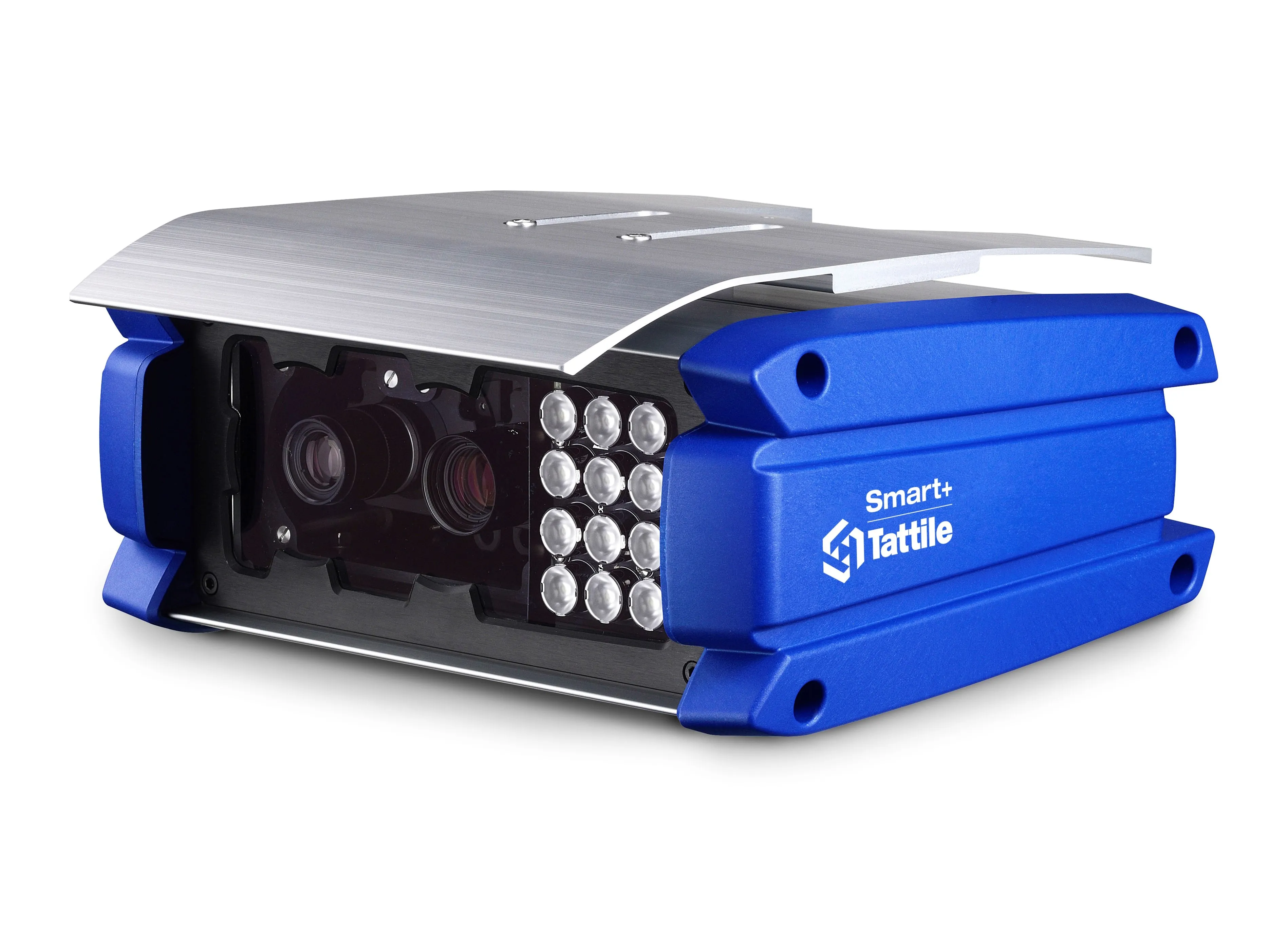3560 Nortech International has developed a piezo-based axle detection card which has enabled 36 Idris technology to use alternative sensors for data collection applications. The company, an Idris Certified Licensee Company, says it has successfully designed its AX014 piezo-based axle card to look exactly like an axle detector to Idris. It can easily be integrated into existing sites to provide a reliable interface to most piezo cable installations. The card provides Idris with an output that allows the existing Idris algorithm to collect axle information and provide the high level of accuracy its users expect.
The hardware has been tested and qualified by 529 Diamond Consulting Services for use within Idris data recording products. The DR320, an axle-based free-flow data recorder, and the DR420, an axle-based data recorder with congestion capabilities, are just two of the products currently available with either a piezo or loop sensor option.










